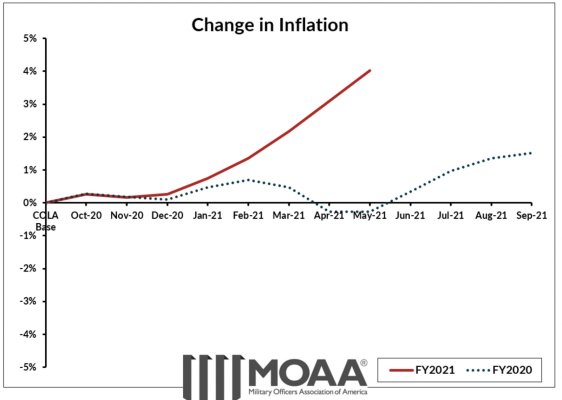Running_Man
Thinks s/he gets paid by the post
- Joined
- Sep 25, 2006
- Messages
- 2,844
https://www.cnbc.com/2021/06/16/social-security-cola-for-2022-could-be-higher-based-on-consumer-prices.html
This will be a significant increase in usage of trust funds should it turn out to be true.
This will be a significant increase in usage of trust funds should it turn out to be true.




